The Essence of a 500L Fermenter
A 500L fermenter is a pivotal apparatus in biotechnology and microbial cultivation, providing an ideal environment for the proliferation of bacteria, fungi, and other microorganisms. These units are indispensable across various sectors that depend on fermentation, excelling in the production of microbial biomass, enzymes, or metabolites for use in the food and beverage industry, pharmaceuticals, and beyond.
At the heart of a fermenter's functionality lies the ability to fine-tune conditions conducive to microbial growth. This encompasses the management of temperature, agitation, pH, and additional factors that affect the culture's growth and yield. A meticulously engineered fermenter ensures ample nutrients for the microorganisms while preventing the build-up of harmful waste products. It typically includes mechanisms for sterilization, aeration, and the precise monitoring and adjustment of parameters to refine the fermentation process.
Fermenters are available in an array of sizes and designs, from compact benchtop models to expansive industrial systems. They serve the needs of professionals in research and development labs as well as commercial producers engaged in large-scale manufacturing. The capacity to scale operations while preserving process integrity is essential for enterprises poised for growth and increased production demands.
Diverse 500L Fermenter Varieties
The 500L fermenter category encompasses a range of models tailored to the specific requirements of the winemaking industry. Common variants include:
-
Open-Top Fermenter: A traditional choice, the open-top fermenter allows vintners to manually manage the grape must during fermentation, often favored for small-scale or experimental batches.
-
Closed-Top Fermenter: Offering precise control over the fermentation environment, closed-top fermenters, also known as fixed or variable capacity fermenters, are prevalent in commercial winemaking.
-
Variable Capacity Fermenter: These fermenters provide the versatility to adjust volume based on batch size, proving beneficial for smaller wineries or domestic settings where space is at a premium.
-
Roller Fermenter: A novel addition, roller fermenters are vertical tanks that facilitate the submersion of grape skins during fermentation, though they are less widespread.
-
Temperature-Controlled Fermenter: Equipped with temperature regulation systems, these fermenters are instrumental in achieving desired flavor profiles and ensuring successful fermentation.
Selecting the Right 500L Fermenter
Selecting an appropriate 500L fermenter requires a keen understanding of your specific process needs and environmental considerations. Key factors to contemplate when acquiring such equipment include:
-
Material: Material selection should correspond with the microorganisms you intend to cultivate and your process parameters. Stainless steel is renowned for its durability and ease of sanitation, ideal for large-scale operations, while glass or PVC may be more suitable for smaller volumes or particular uses.
-
Volume Capacity: The fermenter's volume determines your production capacity per cycle. Larger volumes typically offer greater efficiency but may necessitate more space and capital.
-
Agitation Requirements: Certain processes may require an agitator within the fermenter to ensure uniform nutrient distribution and optimal microbial growth.
-
Control Systems: The intricacy of your process and the degree of monitoring and control needed over variables such as temperature and pH may warrant an advanced control system, such as a PLC.
-
Customization: Given the unique demands of each enterprise, consider suppliers who can provide customized equipment solutions.
By evaluating these considerations against the array of 500L fermenters on Alibaba.com, businesses can make a well-informed choice that aligns with their operational objectives and fiscal constraints.
Discovering 500L Fermenters on Alibaba.com
Alibaba.com serves as a global nexus, connecting businesses with an extensive selection of fermenter options suitable for a myriad of industries, from food processing to pharmaceuticals. The platform boasts a comprehensive assortment of 500L fermenters from global suppliers, streamlining the search for equipment that meets precise business requirements without compromising on quality or efficiency.
Utilizing Alibaba.com's intuitive interface, businesses can effortlessly compare fermenters based on attributes such as material construction, core components, service location, and relevant industries. Additionally, the platform's Trade Assurance service offers a safeguard by securing payments until delivery confirmation.
For enterprises looking to expand their operations or enhance their production workflows with dependable equipment, Alibaba.com provides a bespoke trading experience conducive to informed purchasing decisions. The variety of options ensures that every business can locate a fermenter that fits their operational needs and adheres to industry benchmarks, whether for boutique craft brewing or extensive biotechnological manufacturing.
Frequently Asked Questions About 500L Fermenters
What role does a fermenter play in industrial applications?
In industrial settings, fermenters are instrumental in fostering controlled microbial growth, enabling the production of high-caliber products like enzymes, organic acids, and amino acids through fermentation.
What distinguishes a fermenter from a bioreactor?
While fermenters are tailored for aerobic or anaerobic microbial cultivation, bioreactors cater to the large-scale creation of bioproducts and may function under both aerobic and anaerobic conditions.
Is it possible to use fermenters for manufacturing food-grade items?
Certainly, fermenters are adept at producing an array of food-grade commodities, including yogurt, cheese, meat substitutes, and plant-based proteins.
What sizes are available for fermenters?
Fermenters come in sizes ranging from compact benchtop units for R&D to vast commercial fermenters capable of processing thousands of liters daily.
How should I go about selecting an appropriate fermenter for my enterprise?
Selecting the ideal fermenter hinges on your industry-specific requirements. Factors to consider include the type of fermentation (aerobic or anaerobic), operational conditions (such as temperature and pressure), compatibility with your product, and the need for continuous or batch processing.
What materials are commonly used to construct fermenters?
Fermenters are frequently crafted from food-grade stainless steel for hygienic purposes and ease of maintenance. Depending on the application, vessels made from glass or plastic may also be employed.
Are there particular features to consider in a fermenter for plant-based protein production?
For plant-based protein production, seek a fermenter designed to efficiently process plant materials, potentially requiring features like temperature control and agitation systems for uniform results.
How does an air-lift bioreactor differ from other fermenter types?
An air-lift bioreactor utilizes compressed air to circulate the medium, minimizing the need for mechanical components and is suitable for sensitive components that could be damaged by shear forces.
Why is temperature control vital in a fermenter?
Temperature regulation is crucial in a fermenter as it impacts microbial growth and metabolism, ensuring the fermentation proceeds as planned and yields the intended products.
Can I find a fermenter that supports both aerobic and anaerobic fermentation?
Yes, some fermenters are designed to conduct both aerobic and anaerobic fermentation processes within a single vessel, offering versatility for varying process requirements.
What are some typical challenges associated with using fermenters industrially?
Challenges in industrial fermentation include maintaining stable operating conditions, preventing contamination, and ensuring effective mixing and oxygenation of the culture.
How can I ensure my fermenter meets industry regulations?
To ensure compliance with industry standards, confirm that the fermenter you purchase holds the necessary certifications and meets quality and safety benchmarks for your operations.

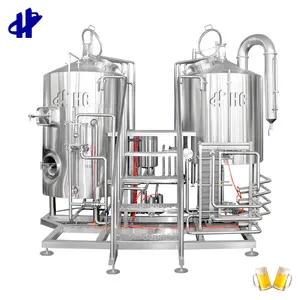





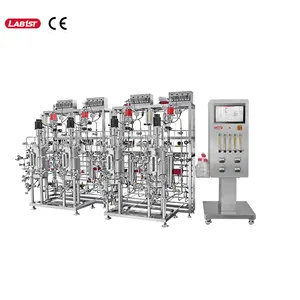

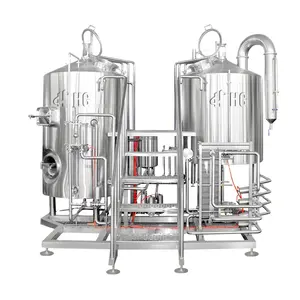

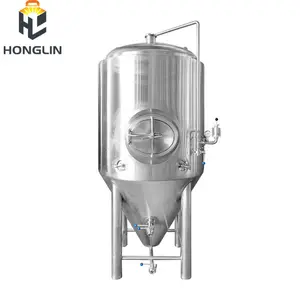

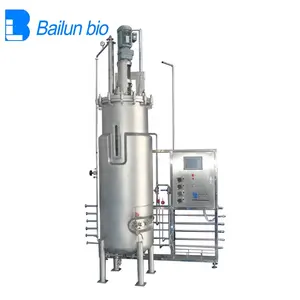






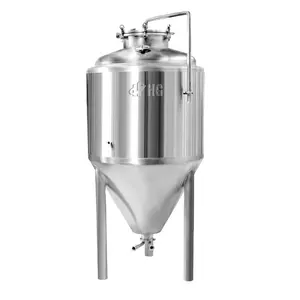
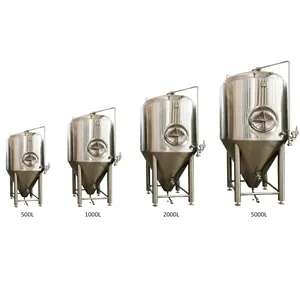

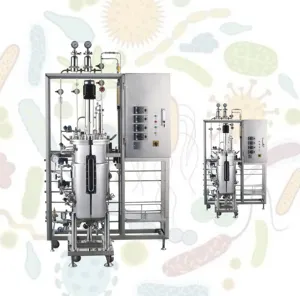



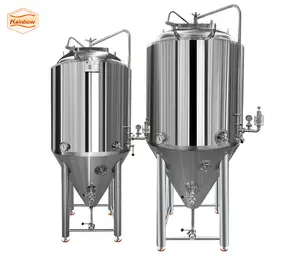

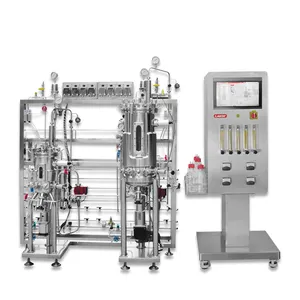

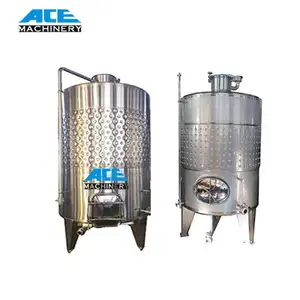
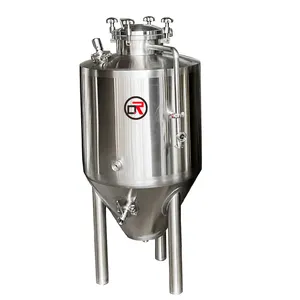

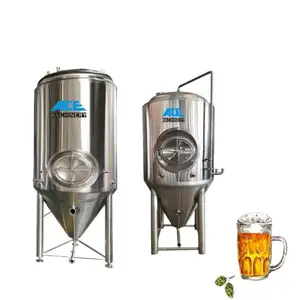
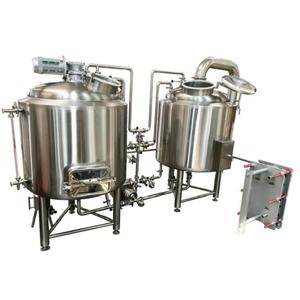
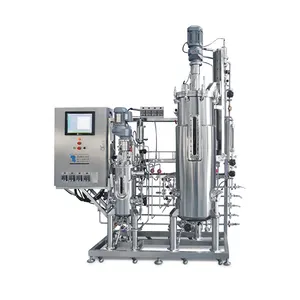

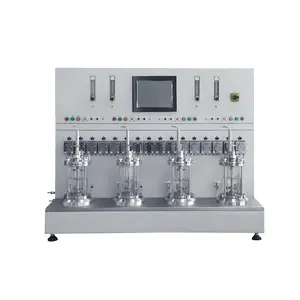

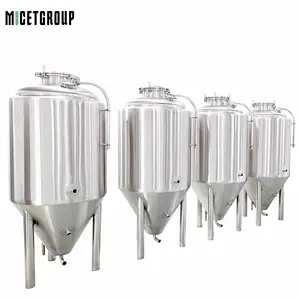



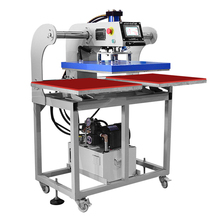
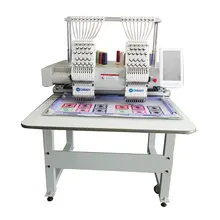



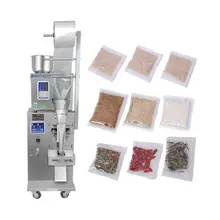


























 浙公网安备 33010002000092号
浙公网安备 33010002000092号 浙B2-20120091-4
浙B2-20120091-4